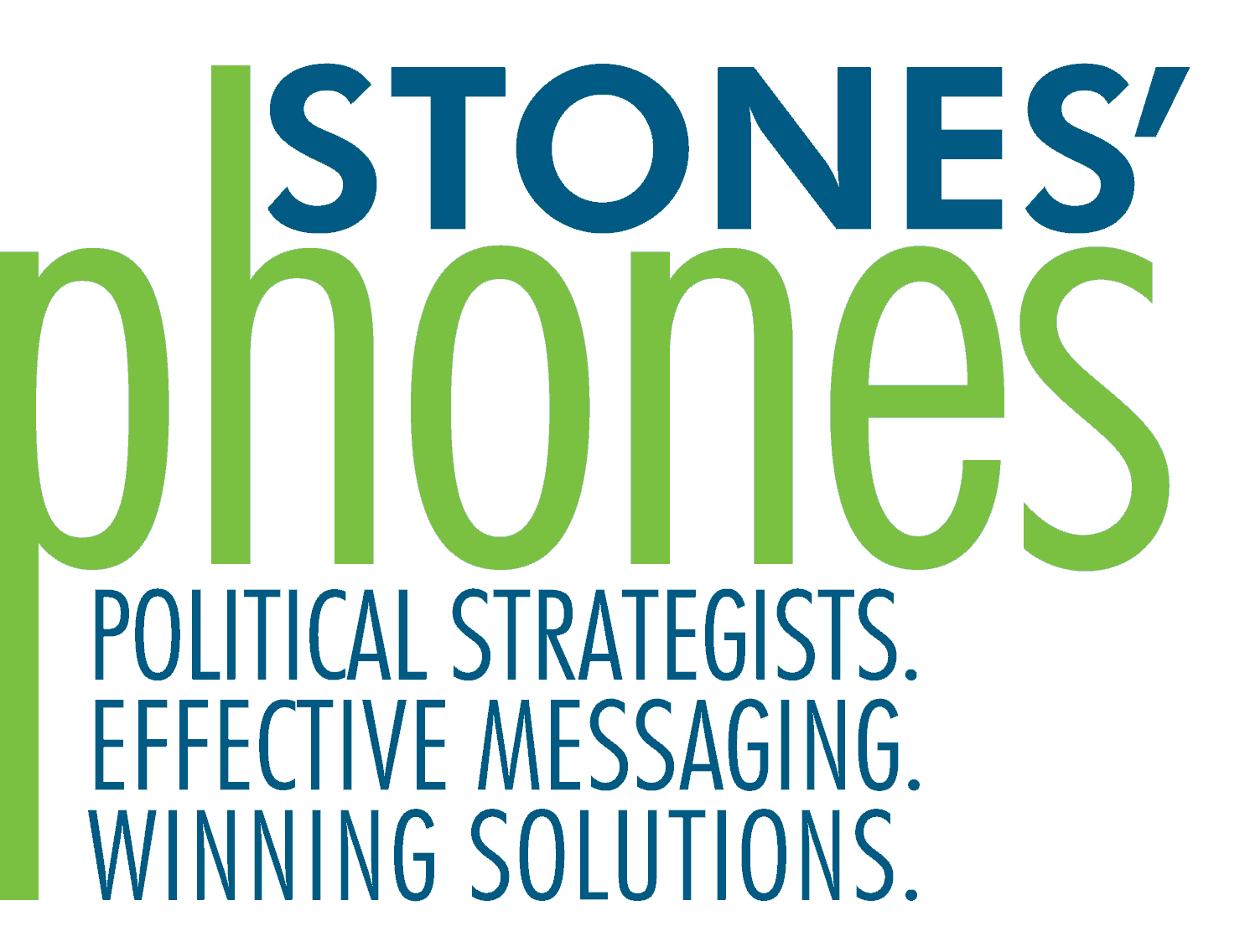Convince Yourself To Vote
- Aug 17, 2023
- 2 min read
Updated: Oct 9, 2024
Stones’ Phones has pioneered a couple of tried-and-true GOTV programs over the years: Adopt-A-Voter and Plan-Making Questions. Ever innovating, we have adapted the research of Yale Psychologist Dr. Michael Pantalon to help voters convince themselves to vote.

Dr. Michael Pantalon developed the technique of Instant Influence in an emergency room, where doctors had to quickly convince their patients to change habits to save their lives. Finding that urgent commands were met with resistance, he tried a new strategy: encourage patients to talk about how change would benefit them.
We applied this technique to the behavior that drives our political system: voting. The goal of our Convince Yourself To Vote strategy is to get voters who normally don’t mail in their ballot or turn out on Election Day to talk themselves into voting.
Motivational strategies like Pantalon’s have already proven effective beyond the emergency room; they have helped motivate smokers to quit and people to choose better diets.
How It Works In the call, we ask two questions that force people to reconsider why they don’t vote. First:
“On a scale of 1 to 10, how likely are you to mail in your ballot or vote at the polls this year? 1 means you are not at all likely to mail it in or vote at the polls and 10 means you are certain to mail it in or vote at the polls.”
After they give us an answer, we follow up with:
“Why didn’t you pick a lower number?”
Asking the voter directly why they didn’t pick a lower number gives them a chance to justify and start thinking about why voting is important to them. This thought process internalizes the importance of voting.
If they answer with a higher number, such as nine or ten, we give them positive reinforcement instead of asking them why they didn’t pick a lower number:
“Great! Thanks for doing your civic duty! Be sure to talk with your friends and family about why voting is important too.”
This positive reinforcement gives them an extra bit of confidence to put social pressure on their friends and family to vote. As all experienced campaign operatives know, social pressure is one of the most GOTV strategies.
Conclusion In Dr. Pantalon’s study, subjects often expect to defend why they find it hard to change, but the irrational second question flips the script. We ask them to defend why they might want to change or give reasons as to why that behavior (voting) is important to them, ultimately getting them to mail in their ballot or vote at the polls.



